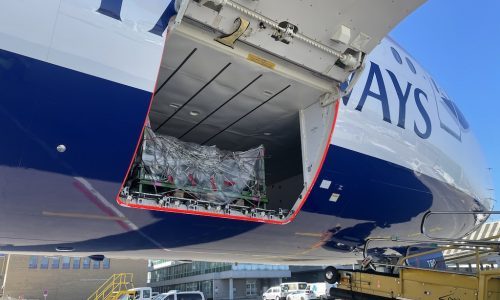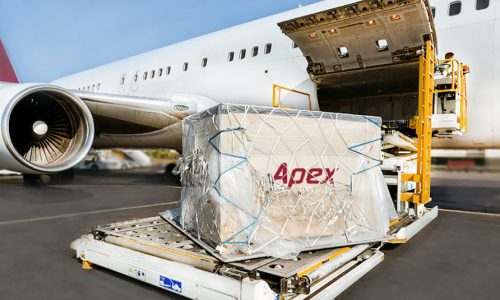FIATA has warned that container imbalances in the global supply chain has reached a “tipping point” since the outbreak of the COVID-19 pandemic, with port and terminal congestion, abandoned cargo, and container shortages.
The global freighter forwarder association, in a new position paper, stated: “This has serious impacts on the fluidity of global maritime supply chains, at a time when the timely flow of essential goods is ever more crucial.
“In the face of these new challenges, this is the time for international freight forwarders, with their crucial know-how and experience, to demonstrate their ability to find the right solutions to address these new issues and keep goods flowing, despite this unprecedented crisis.”
While the problem is not new, FIATA said that inherent imbalances for special equipment and reefer containers, increase in vessel capacity over the past decade, and shipping lines cooperating in only three major alliances, have “generally led to higher peaks in container terminals and land-side infrastructure”.
It continued: “Inherent in the global nature of the world’s supply chains are the impacts of major regional holidays, the Chinese New Year period being particularly significant in its ability to severely impact the global manufacturing base and logistic supply chain.
“In the current environment, these imbalances are exacerbated by shipping lines employing substantial numbers of blank sailings to adjust supply, which impacts on the availability of containers for backhaul (exports) shipments in the importing countries.
“The Chinese New Year 2020 period took place in the context of a general increase in blank sailings and an oversupply of capacity.
“The lack of container export shipments during the extended Chinese New Year period in China amid the COVID-19 outbreak further exacerbated this problem. This had severe implications on destination backhaul (export) space and equipment, due to the significant shortage of sailings and containers shipped.”
The paper is the latest in a series of resources produced by FIATA for the freight forwarding industry in response to the COVID- 19 pandemic to empower all stakeholders at the national and international level.
The new position paper also highlights the important role of the freight forwarding industry to harness opportunities and provide value-added services to ensure the fluidity of global supply chains in this unprecedented situation.
The issue of container imbalance has serious impacts on the fluidity of global maritime supply chains, at a time when the timely flow of essential goods is ever more crucial.
FIATA urges shipping lines to “review their business and operational practices and to work closely with all stakeholders” to ensure a regular flow of cargo and containers.
“FIATA is enhancing its service to all its members to overcome this unprecedented crisis together and support the reconstruction of trade, which will closely see the integration of the industry worldwide,” said FIATA Director General, Dr Stephane Graber.
FIATA and its National Association Members are proactively engaging with stakeholders and government officials to find solutions in dealing with governmental restrictions associated with COVID-19.
“We have already accomplished so much in building a stronger FIATA, despite the current global situation, so we are more prepared than ever to serve our members by bringing value to them,” said Dr Graber.

